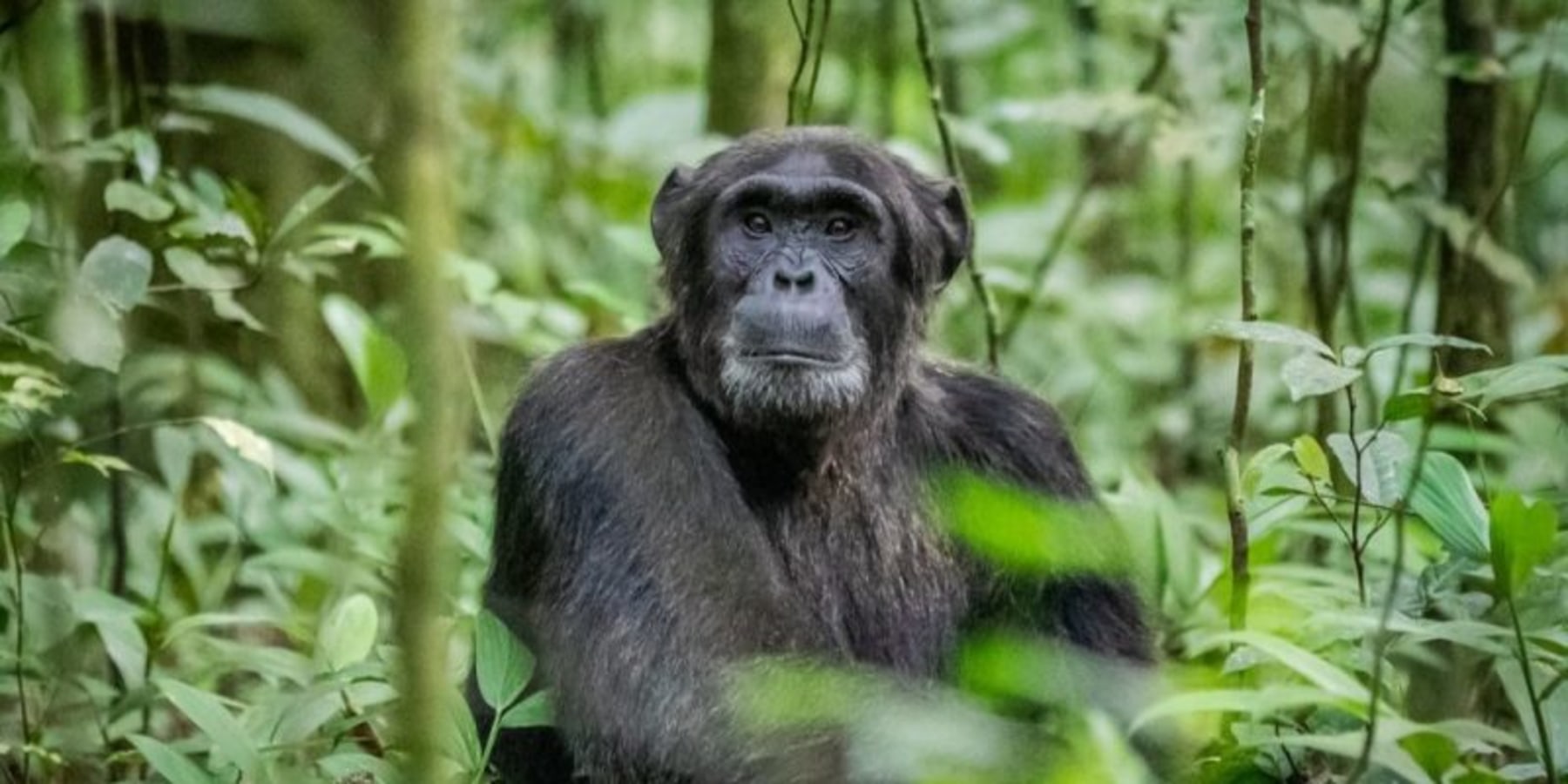
Gorilla Permits
Availability: Gorilla permits are limited and can sell out months in advance. It's crucial to book them early.
Cost: Permits can be expensive (around $800 in Uganda and up to $1,500 in Rwanda as of 2024-2026), so budget accordingly.
Booking: Permits can be obtained through the respective wildlife authorities or licensed tour operators.
Best Time to Visit
Weather: The dry seasons (June to September and December to February) are generally the best times to visit as the trails are less muddy and easier to navigate.
Tourist Season: High seasons might offer better weather but can be crowded. Low seasons might offer discounts but could have more challenging trekking conditions.
Physical Fitness
Trekking Difficulty: Gorilla tracking can be physically demanding, involving steep, muddy, and dense forest trails. Ensure you are in good physical condition. If you're not fit enough, you can hire a porter for $20, exclusive of the gorilla permit. If you are very weak, you can pay $300 for porters to carry you on a local stretcher like a king to and from.
Preparation: Engage in some physical training and ensure you have appropriate health checks before your trip.
Packing Essentials
Clothing: Comfortable, moisture-wicking, and quick-dry clothing, long sleeves, long trousers, waterproof jacket, and hiking boots.
Accessories: Gloves, hat, sunglasses, and gaiters.
Gear: Binoculars, camera with extra batteries, and waterproof bags for your equipment.
Other Essentials: Insect repellent, sunscreen, first aid kit, and snacks.
Accommodation
Proximity to Park: Choose lodges or camps close to the gorilla tracking starting point to reduce travel time on the day of the trek.
Type: Options range from luxury lodges to budget campsites. Consider your comfort level and budget.
Amenities: Check for amenities like hot water, electricity, and meal options.
Travel Arrangements
Transport: Decide whether to travel by road (long drives) or by domestic flights to get closer to the park.
Transfers: Arrange for transfers from the airport to your lodge and back. Consider using a reputable tour operator, as a professional guide will help you through for a hassle-free experience, including transport, accommodation, and permits.
Health and Safety
Vaccinations: Ensure you are up-to-date with required vaccinations, including yellow fever.
Malaria Prevention: Take malaria prophylaxis and use insect repellent.
Travel Insurance: Obtain comprehensive travel insurance that covers medical emergencies and evacuation.
Ethical Considerations
Respect Wildlife: Maintain a safe and respectful distance from gorillas. Follow all guidelines provided by the park rangers.
Conservation: Choose eco-friendly lodges and operators who support local conservation efforts.
Local Community: Engage respectfully with local communities and consider supporting local businesses.
Financial Planning
Budget: Plan for the costs of permits, accommodation, transport, tips, and other incidentals.
Currency: Understand the local currency and exchange rates. Carry some cash for tips and small purchases.
Legal and Documentation
Visa Requirements: Check visa requirements for the country you are visiting.
Travel Documents: Ensure your passport is valid for at least six months beyond your planned departure date.
Permits: Carry all necessary permits and documentation for gorilla tracking.

